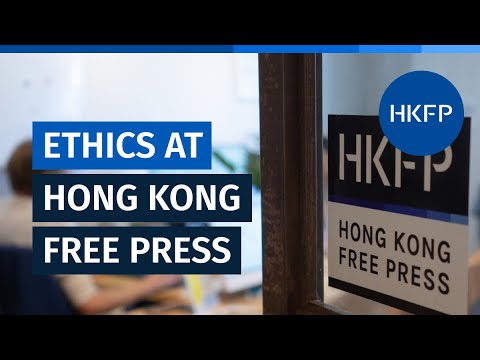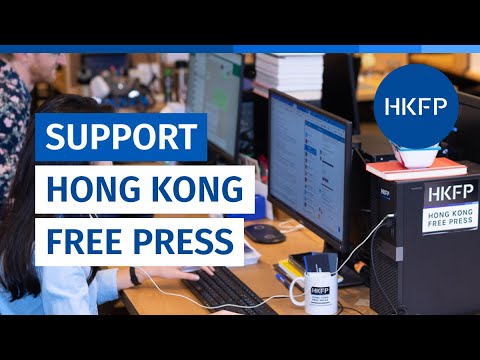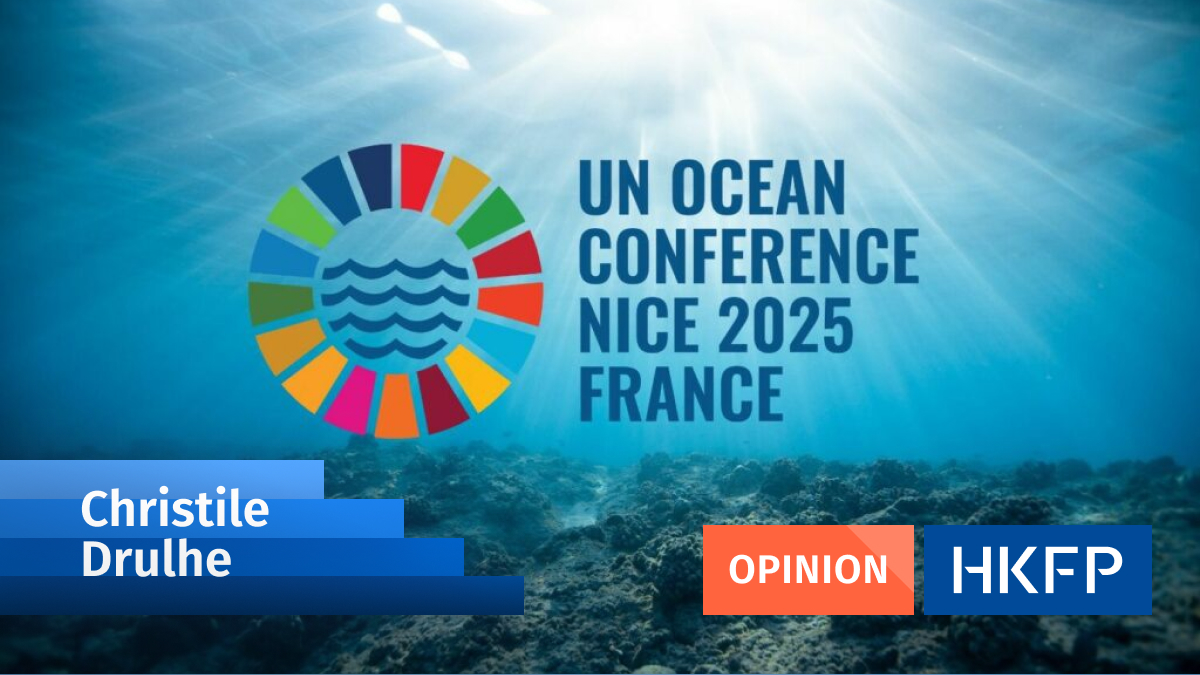By Christile Drulhe, consul general of France in Hong Kong and Macau
In exactly one month’s time – from June 9 to 13 – France will co-host with Costa Rica the third United Nations Ocean Conference (UNOC).
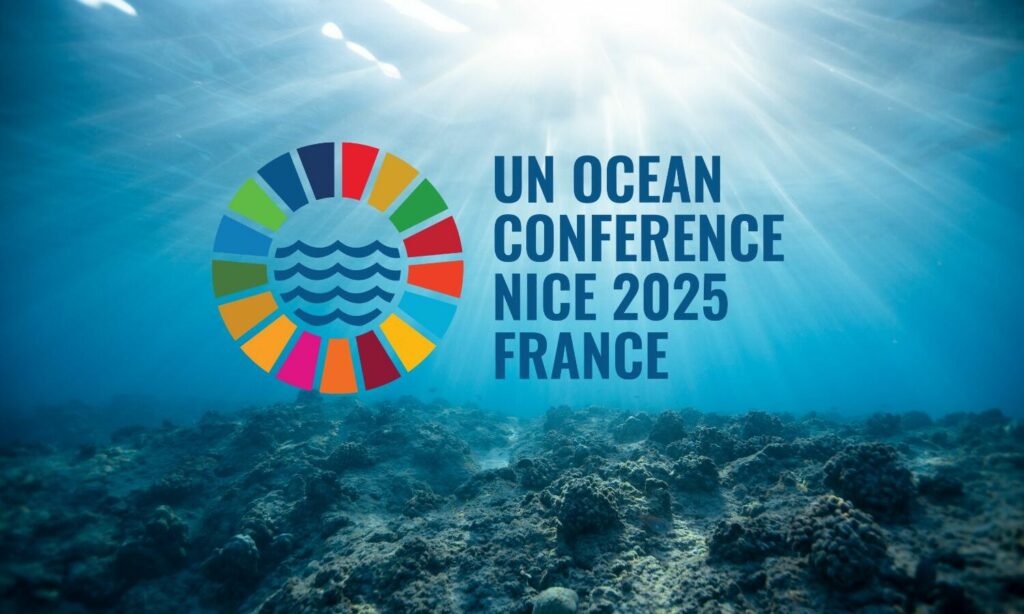 UN Ocean Conference 2025. Photo: Geneva Environment Network.
UN Ocean Conference 2025. Photo: Geneva Environment Network.
For this crucial event, around 100 heads of state and government, as well as tens of thousands of researchers, scientists, economic actors, activists and citizens from around the world, will converge in the French city of Nice. The aim is clear: protecting the ocean through tangible action.
On June 7, Nice will also host the first-ever Ocean Rise and Coastal Resilience Summit, bringing together representatives and authorities from the cities and local authorities most affected by the rise in sea levels to bolster information sharing and good practices in a collaborative manner.
The ocean is our common good. One in three people relies on the ocean for their livelihood, yet the ocean is in danger.
The figures are worrying: more than eight million tons of plastic end up in the ocean every year, according to a study published in the journal Science. Moreover, more than a third of fish stocks suffer from overfishing, while ocean acidification, rising sea levels and the destruction of marine ecosystems gain pace, as direct consequences of climate change.
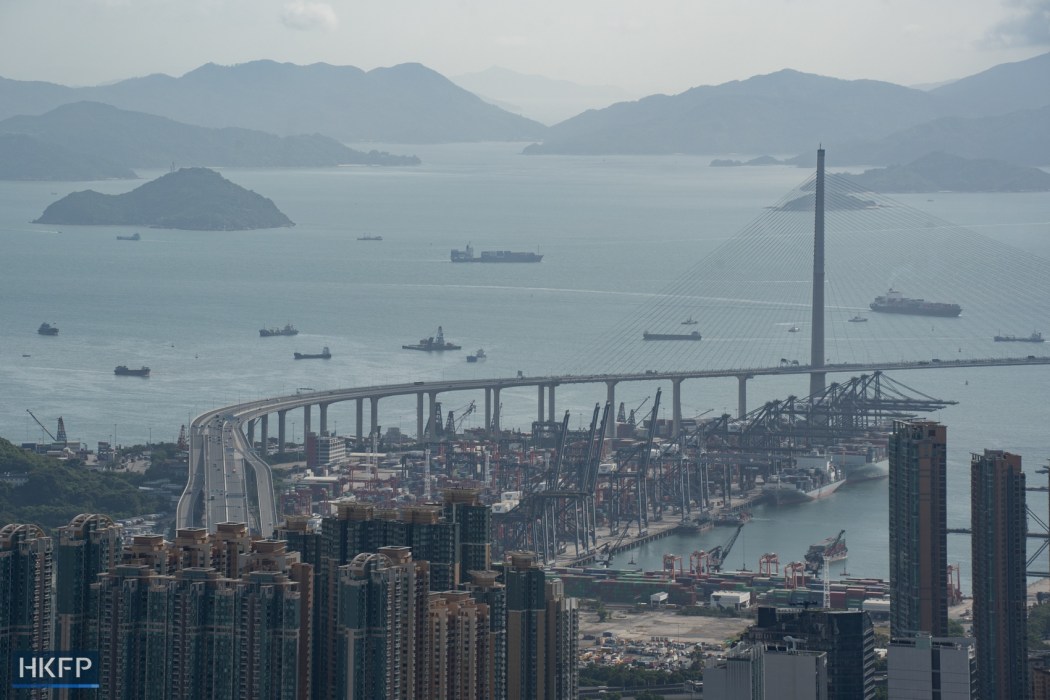 Hong Kong city view with local waters on October 17, 2023. Photo: Kyle Lam/HKFP.
Hong Kong city view with local waters on October 17, 2023. Photo: Kyle Lam/HKFP.
We must act now. Ten years after the 2015 UN Climate Change Conference (COP21) and the resulting Paris Agreement, which established a binding global framework to mitigate climate change, the third UNOC is a historic opportunity. The Nice agreements can form an international pact for the conservation and sustainable use of the ocean.
The protection of the ocean requires public and private funding and support for a sustainable blue economy. To continue enjoying the incredible economic opportunities offered by the ocean, we need to make sure marine resources can regenerate.
In Nice, several commitments will be announced for global trade, shipping, tourism, and investment.
Lastly, how can we protect something that we don’t – or insufficiently – know? We need to enhance our knowledge of the ocean and disseminate it more effectively, and Hong Kong scientists have a key role to play in this regard.
Following a successful French Science Festival on Ocean in October, we collaborated with the Department of Ocean Science of the Hong Kong University of Science and Technology (HKUST) and the Hong Kong Maritime Museum to hold a Blue Talk on Tuesday to raise public awareness of the impact of climate change on marine biodiversity.
Speakers from the government, the civil society, and scientific institutions, as well as the public, showed a deep interest in how we can take collective action to protect the ocean.
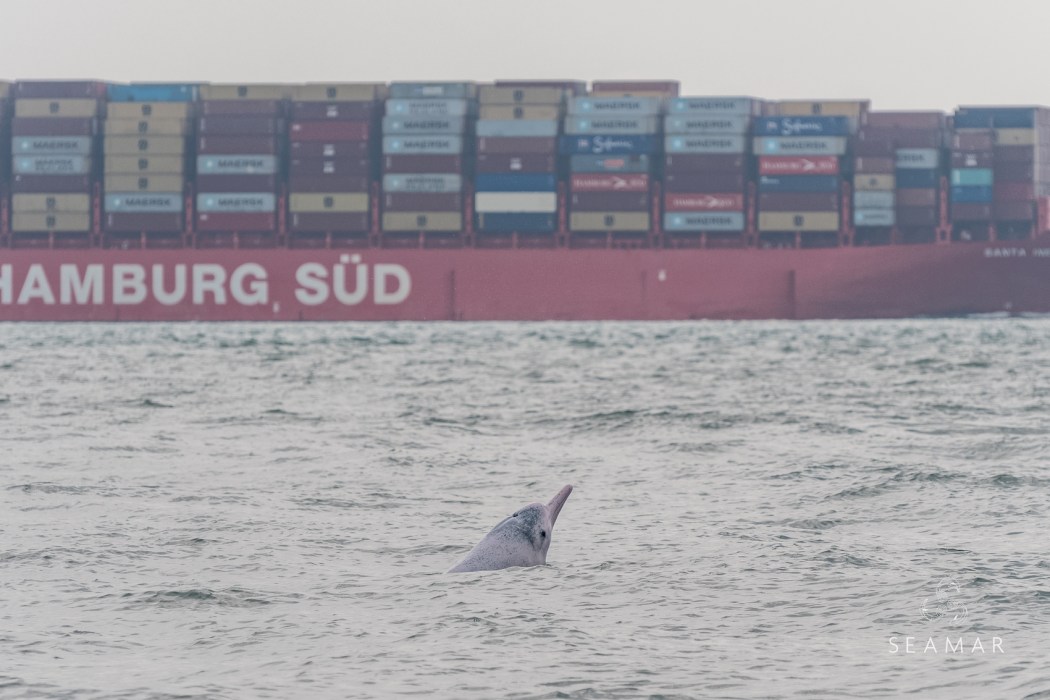 A dolphin is seen near a cargo ship in Hong Kong waters. Photo: Naomi Brannan/SEAMAR.
A dolphin is seen near a cargo ship in Hong Kong waters. Photo: Naomi Brannan/SEAMAR.
It is all the more crucial today as we are capable of mapping the surface of the Moon and Mars, but the depths of the ocean, which covers 70% of Earth’s surface, remain largely unknown.
Hong Kong has an opportunity to actively take part in the dynamic of the conference in Nice.
As a global shipping hub, as a coastal city which is bound to be increasingly impacted by sea-level rise and as a beacon of biodiversity that hosts 26 per cent of the total marine biodiversity of China, Hong Kong knows all too well that the ocean is not an issue like any other.
In fact, Hong Kong can bring an invaluable contribution to these talks, through its vibrant civil society, in-depth scientific knowledge of local stakes, strong culture of philanthropy and relevant policies.
The action plan on green maritime fuel bunkering adopted last year is an encouraging step to develop Hong Kong into a green maritime centre. This topic will be one of the key issues to be discussed at UNOC, with the contribution of participants from Hong Kong.
For this reason, representatives of the Hong Kong government, scientists and companies have been invited to share their sense of commitment, expertise and insights in Nice.
The ocean is a universal bond, crucial for our future: It is everyone’s business. Together, we can make the third UNOC a major turning point for every part of our planet.
Type of Story: Opinion
Advocates for ideas and draws conclusions based on the interpretation of facts and data.
Support HKFP | Policies & Ethics | Error/typo? | Contact Us | Newsletter | Transparency & Annual Report | Apps
Help safeguard press freedom & keep HKFP free for all readers by supporting our team
